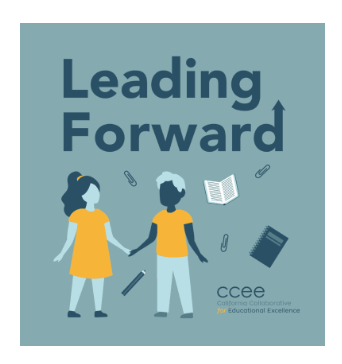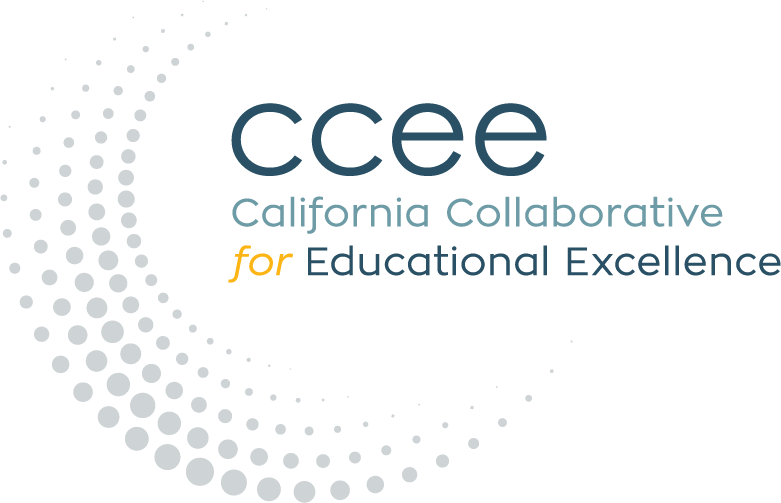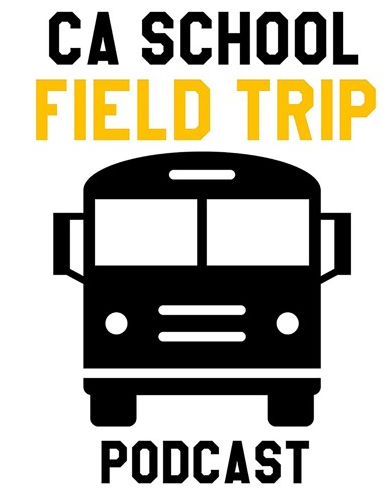DESCRIPTION
In collaboration with the California Association of African-American Superintendents and Administrators (CAAASA), the California Collaborative for Educational Excellence (CCEE) initiated a professional learning network (PLN) in 2017 to address disparities faced by African American students in K-12 schools.
This session revisits the PLN’s progress, focusing on five LEA teams—Fresno Unified, Lynwood Unified, Pittsburg Unified, Napa County Office of Education, and San Diego County Office of Education—as they tackle specific challenges hindering the academic and socio-emotional growth of Black students.
Attendees explored the strategies, challenges, and lessons learned from these teams, engaging in Q&A sessions and smaller group breakouts to delve deeper into each LEA’s approaches and outcomes. All participants received a summary brief encompassing the latest data and insights from this ongoing network’s efforts to improve educational outcomes for African American students.
PRESENTERS
Sujie Shin, Deputy Executive Director, CCEE
Italo Ciccarelli, Program Specialist, Data & Impact, CCEE
Dwight Bonds, Executive Director, CAAASA
Tracy R. Thompson, Executive Director, Juvenile Court & Community Schools, SDCOE
Deborah Hernandez, Director, Continuous Improvement LCAP, SDCOE
Leilah Kirkendoll, Director, Equity, LCAP, MTSS, and Categorical Funds, SDCOE
Allison Wulf, Coordinator, Juvenile Court & Community Schools, SDCOE
SESSION MATERIALS
RESOURCES – Coming Soon!









